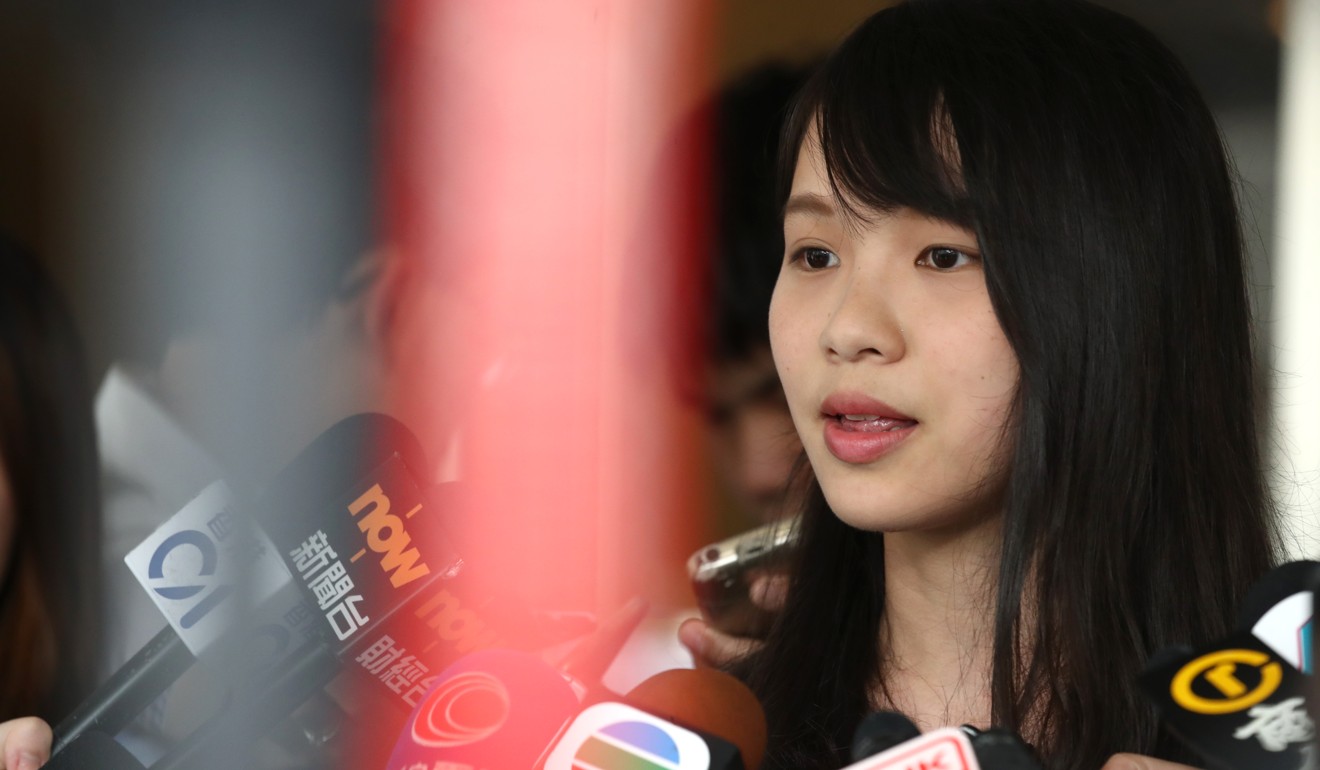
One Carrie Lam trait that’s good for Hong Kong: her willingness to be questioned
Bernard Chan says in her year in office, the Hong Kong chief executive has offered herself up for grilling by lawmakers in Legco sessions far more often than her predecessors, a move that should be commended for improving transparency and accountability
She had made an important pledge during her campaign in early 2017 to improve relations between the legislature and the chief executive. And in her remarks in the council chamber, she stressed her aim to reverse the decline in trust between lawmakers and officials that had happened over the years.
Soon after she was sworn in on July 1 last year, Lam proposed to appear in Legco far more often to take questions from lawmakers. Traditionally, chief executives would do four Q&A sessions a year, but Lam has attended one a month, on average, in her first year.
Watch: Carrie Lam at her first Legco question-and-answer session
Most lawmakers welcomed this. I expect her offer was even more popular among senior officials. By taking questions herself, she takes the heat off some of her colleagues.
Having seen it up close, I know that a Q&A session is a tough test of an official’s patience, communication skills, and especially knowledge of policy detail.
Some top officials bring large binders full of facts and figures, and probably rehearse answers to likely questions. But many of them have a hard time. It is challenging enough answering reporters’ questions, but some lawmakers have specific expertise in policy areas, and some deliberately set out to be hostile.
There is no escape for the official concerned. Legco Q&A sessions are broadcast live in four languages (including sign language for the hearing-impaired). And there is a full record in print and online in the official record, Hansard.
Watch: Carrie Lam’s first year in office
In the past six months, the chief executive has had to face dozens of questions in the chamber. Some have been from government supporters and gave her an opportunity to promote the administration’s achievements. But many were critical and even aimed to catch her out.
These might not be too challenging for a seasoned civil servant. But there have also been plenty of highly sensitive and, of course, trick questions.

Many people in Hong Kong complain that our political structure should be more democratic. The question sessions in Legco force top officials to be answerable to elected representatives. It puts them in a position where they must be responsive and open. Having more of these sessions is at least a small step forward.
Bernard Chan is convenor of Hong Kong’s Executive Council

